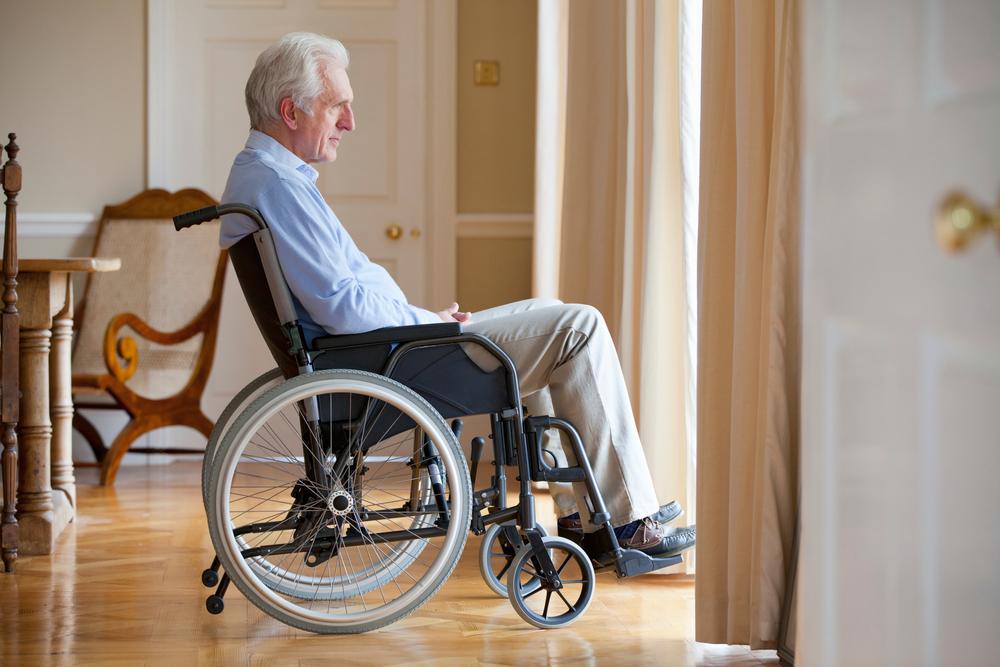People with disability are missing out on vital services as a large number of the sectors aid workers have been forced into COVID-19 isolation across the country.
Health and Community Services Union official Róisín McGee said as many as 20 percent of carers were furloughed as they are either isolating or sick with the virus, which sent “dangerous” signals to workers.




